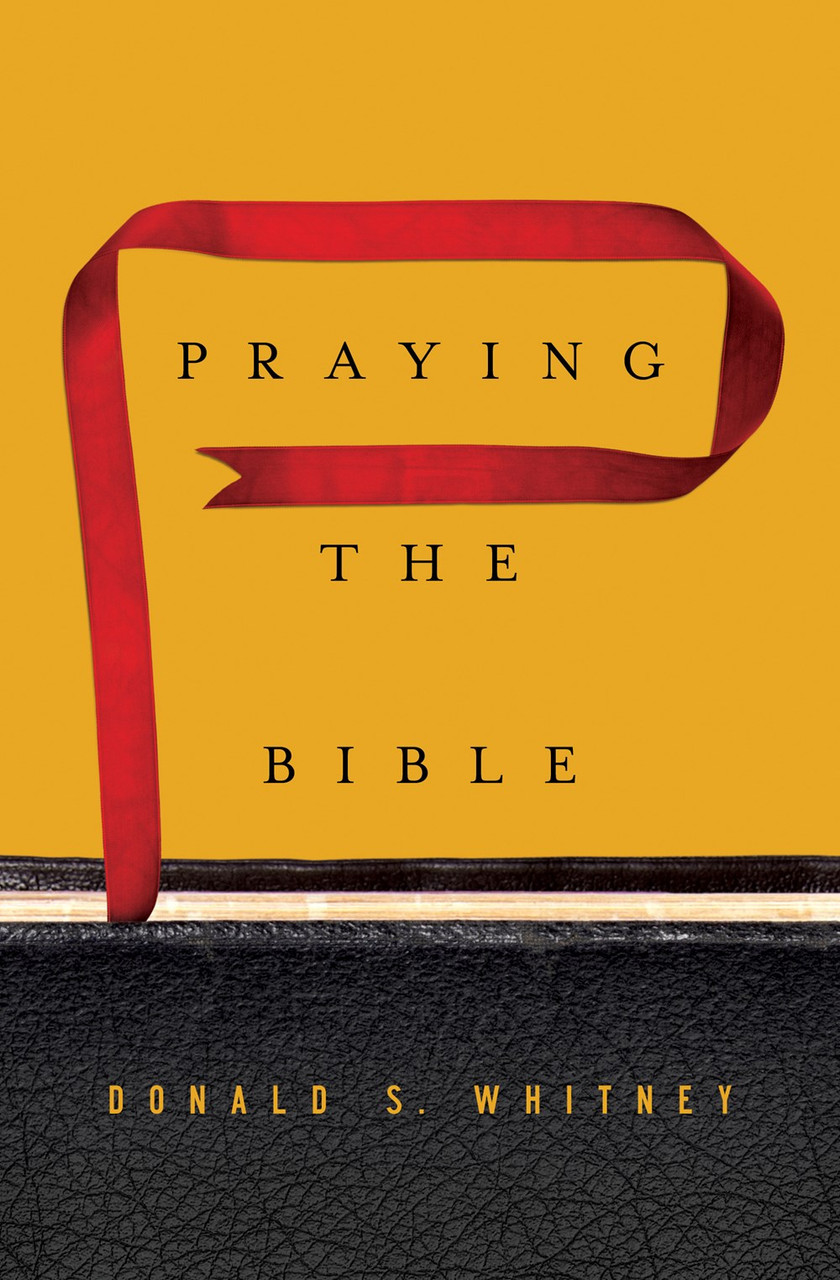
When I was a child there were certain times of the year that I knew would contain specific events that could be counted on like clockwork. One of these events was the planting of oat patches by hand every summer as we prepared for deer hunting season. Every year the ground would be broken and we would then scatter the seed by hand. To scatter the seed my dad would give me a bucket filled with seed, and I would reach into the bucket, grab the seed, and throw it onto the ground in front of me from right to left in a sweeping motion while slowly walking through the field.
In this very inexact process undoubtedly some of the seed ended up laying on top of rocks, some outside the edges of the field, and some exactly where it needed to be, but my job was not to ensure that every seed was perfectly placed for maximum growth and viability but that the seed was adequately scattered so the seeds that did reach good soil would grow and prove fruitful for the upcoming hunting season.
Jesus tells a parable in Matthew 13:1-9 about a sower who goes into his field and sows seed. Some of the seeds fall along the path, some on rocky ground, some among the thorns, and some reach good soil with only the seed falling along the good soil bearing a harvest. Jesus then explains in verses 18-23 that the seed is the word of the kingdom or the Gospel and the seeds that fell along the path, rocky ground, and thorns are snatched away by the adversary, persecution or tribulation, and the cares of life or the deceitfulness of riches, while the seed which falls on good soil bears a fruitful harvest because the Gospel is received and believed.
For most this may be a familiar parable that we can almost quote without any need for reference or refreshing as we have read, taught, or heard it preached many times, but there is an application of the text that we may overlook due to our lack of understanding planting by hand practices.
The sowers’ job was not to inspect the soil before sowing the seed, the sowers’ job was simply to scatter the seed and ensure that the ground was adequately covered to ensure as great a harvest as possible. The sower knew that not every seed would grow, and that birds and environmental factors would make some of the planting process void but if there was to be any harvest the seed had to be scattered anyway.
Similarly, Jesus has left His church to scatter the seed of the Gospel in this world knowing that the seed will fall on many who will not receive it, remain in it, or bear fruit that lasts. My fear is that somewhere along the way we have traded the duty of sowing the seed for that of inspecting the soil. Instead of covering our families, friends, and communities with the Gospel, we look for ways to excuse ourselves from the task because the person is not ready, the soil is not right.
We may look at someone’s life and think “they have so much going on that if I sow the seed here it will be like sowing in thorns”, or “this person clearly is hardened to spiritual truths right now and due to circumstances in their lives it would be like sowing the seed along the path as the adversary will just snatch it away before it has a chance”, or “if I sow the seed in this person’s life it would be like sowing on rocky ground because they lack depth and never commit to anything for any real length of time.”
When we make excuses, we end up not sowing any seed because we find a reason to alleviate ourselves of the responsibility to spread the Word. However, this is our folly because grass can grow through the crack in the sidewalk, some seeds can grow with almost no depth of soil, birds do not always get every seed that has been scattered, and trees can grow even amid thorns and thistles.
Therefore, no matter what we may judge a person’s life to look like on the outside, we must be faithful to plant the seed of the Gospel and allow God to decide whether the soil is adequate for growth, because the truth of the matter is that your assessment may be completely off track as you may not be able to see what God has been doing in a person’s life leading up to your faithful sowing of the Gospel.
Brothers and sisters, we are not called to inspect before sowing but to faithfully sow ensuring complete coverage of the soil around us with the Gospel and leave the results up to God as He and He alone can cause the seed planted to germinate, grow, and bear lasting fruit. Therefore, let us be a people who are busy faithfully sowing the seed of the Gospel allowing God to use our faithful sowing as He sees fit.
How does God's Word impact our prayers?

God invites His children to talk with Him, yet our prayers often become repetitive and stale. How do we have a real conversation with God? How do we come to know Him so that we may pray for His will as our own?
In the Bible, God speaks to us as His children and gives us words for prayer—to praise Him, confess our sins, and request His help in our lives.
We’re giving away a free eBook copy of Praying the Bible, where Donald S. Whitney offers practical insight to help Christians talk to God with the words of Scripture.

